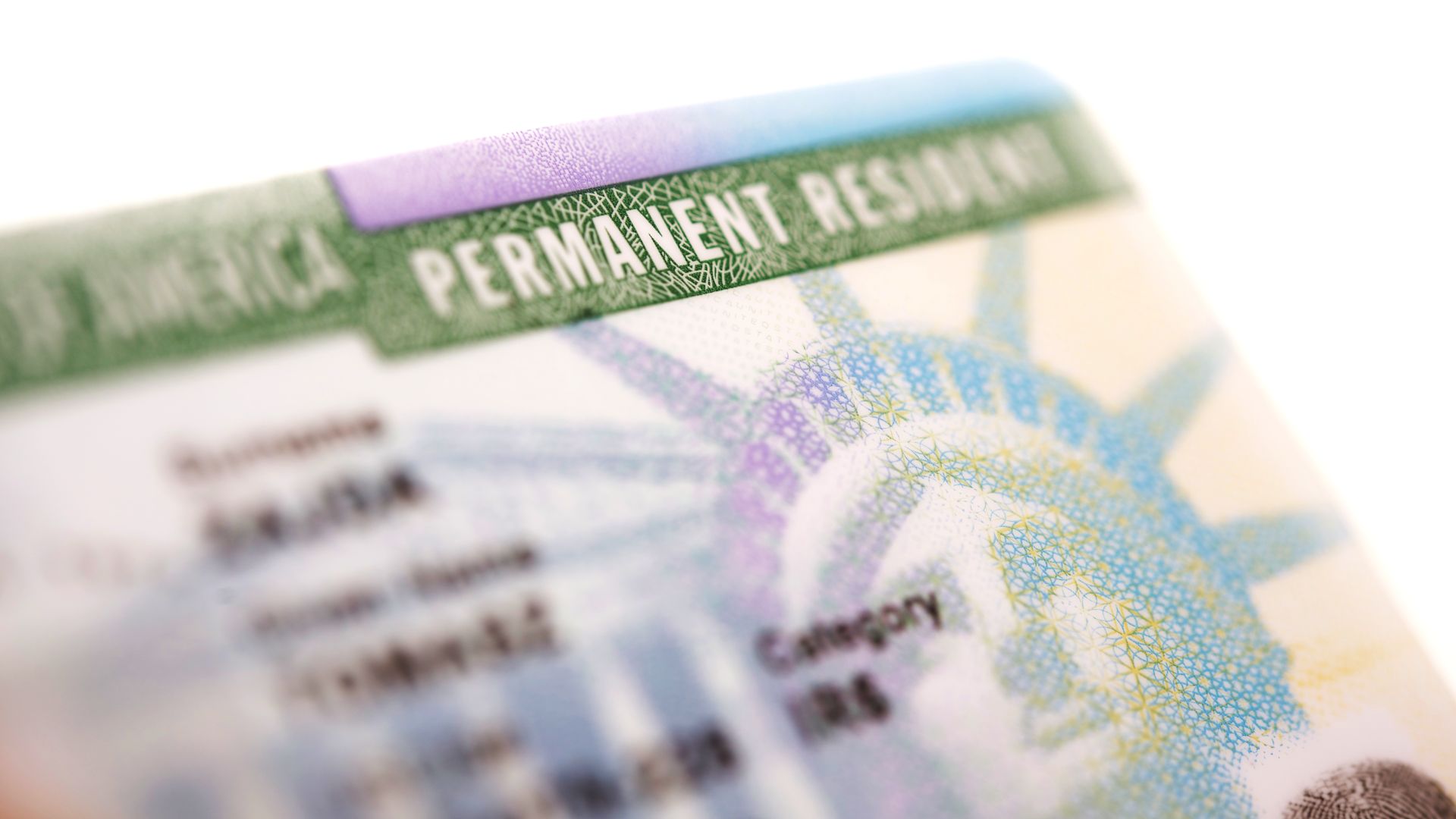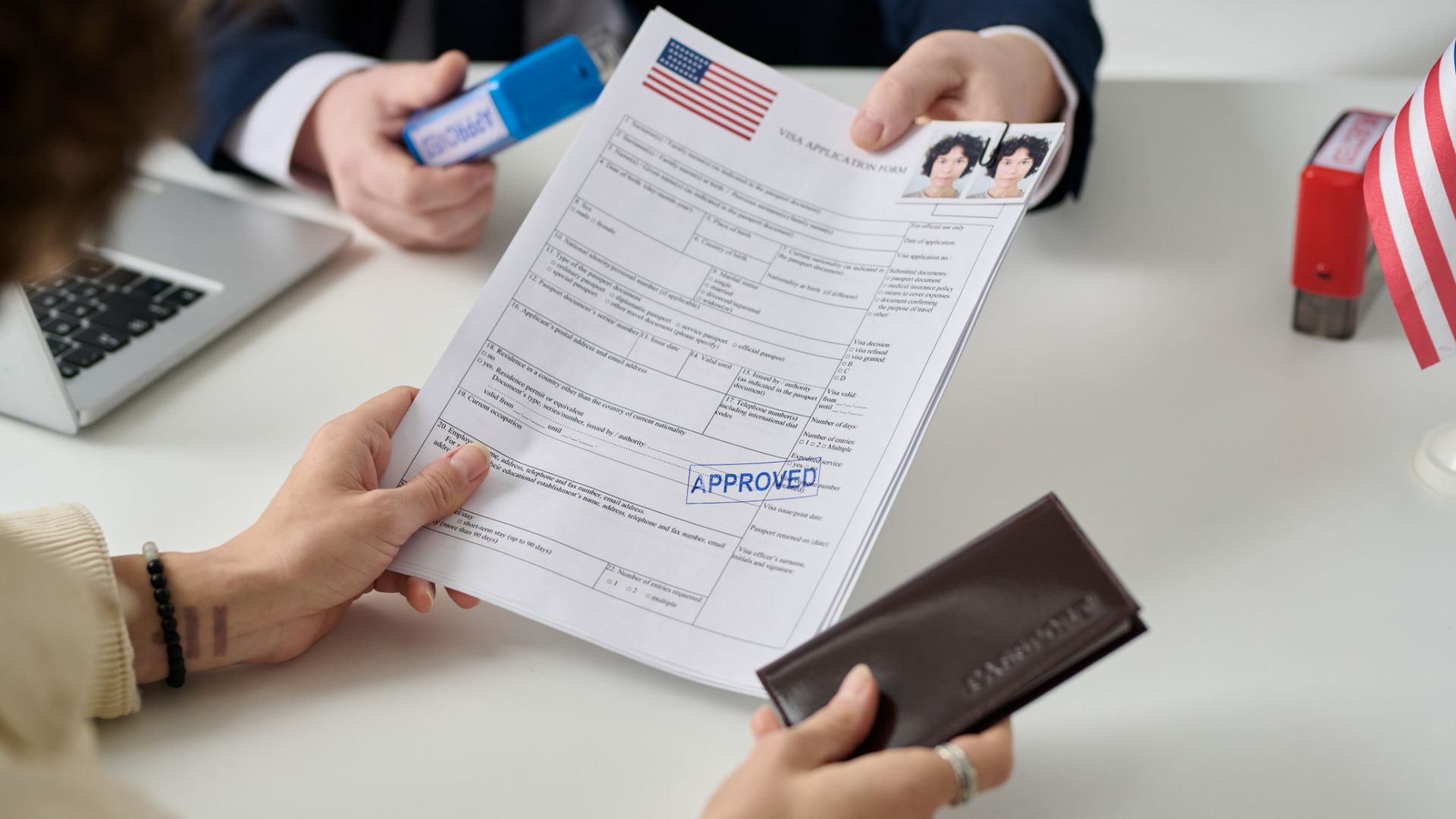Immigration processes are often fraught with complexity, and for many individuals and families, the journey to securing residency or citizenship in a new country can be lengthy and challenging. Among the myriad of obstacles that applicants may face, delays in processing their immigration cases can be particularly frustrating and impactful. In some cases, these delays can lead individuals to pursue legal action through what is commonly known as a delay lawsuit. In this blog, we will delve into the intricacies of delay lawsuits in immigration, exploring the reasons behind delays, the legal recourse available, and the implications for applicants.
Understanding Delay in Immigration
Delays in immigration proceedings can occur for a variety of reasons, ranging from administrative backlogs and staffing shortages to changes in immigration policies and procedures. Additionally, complex cases, incomplete documentation, or requests for further evidence can contribute to extended processing times. These delays can have significant consequences for applicants, including separation from family members, inability to work or study, and uncertainty about their future in the host country.
Legal Recourse
Delay Lawsuits In response to prolonged delays in their immigration cases, individuals may choose to pursue legal action against the relevant immigration authorities. Delay lawsuits, also known as mandamus actions, seek to compel the government to adjudicate an immigration application within a reasonable timeframe. The basis for such lawsuits is often rooted in the Administrative Procedure Act (APA), which requires federal agencies to take action on pending applications within a reasonable time.
To initiate a delay lawsuit, the applicant typically files a complaint in federal court, alleging unreasonable delay in processing their immigration case. The court then reviews the merits of the case, considering factors such as the length of delay, the complexity of the application, and any extenuating circumstances. If the court finds in favor of the applicant, it may issue a writ of mandamus, ordering the immigration agency to adjudicate the case within a specified period.
Implications and Challenges
While delay lawsuits can be an effective means of addressing prolonged delays in immigration cases, they are not without challenges. Proving unreasonable delay can be difficult, particularly in cases where the immigration agency asserts justifiable reasons for the delay, such as security concerns or resource limitations. Additionally, the litigation process itself can be time-consuming and costly, further exacerbating the applicant’s frustration and uncertainty.
Furthermore, even if successful, a delay lawsuit may not guarantee a favorable outcome in the underlying immigration case. It merely compels the agency to make a decision within a reasonable timeframe; it does not dictate the outcome of that decision. As such, applicants must weigh the potential benefits and risks of pursuing legal action, considering the likelihood of success and the potential impact on their immigration status.
Delay lawsuits represent a legal recourse for individuals facing prolonged delays in their immigration cases. By compelling immigration authorities to adjudicate applications within a reasonable timeframe, these lawsuits seek to mitigate the adverse consequences of bureaucratic inertia and inefficiency. However, they are not without challenges, and applicants must carefully consider their options before pursuing legal action. Ultimately, the goal of delay lawsuits is to ensure that the immigration process is fair, efficient, and equitable for all applicants, regardless of their circumstances.








